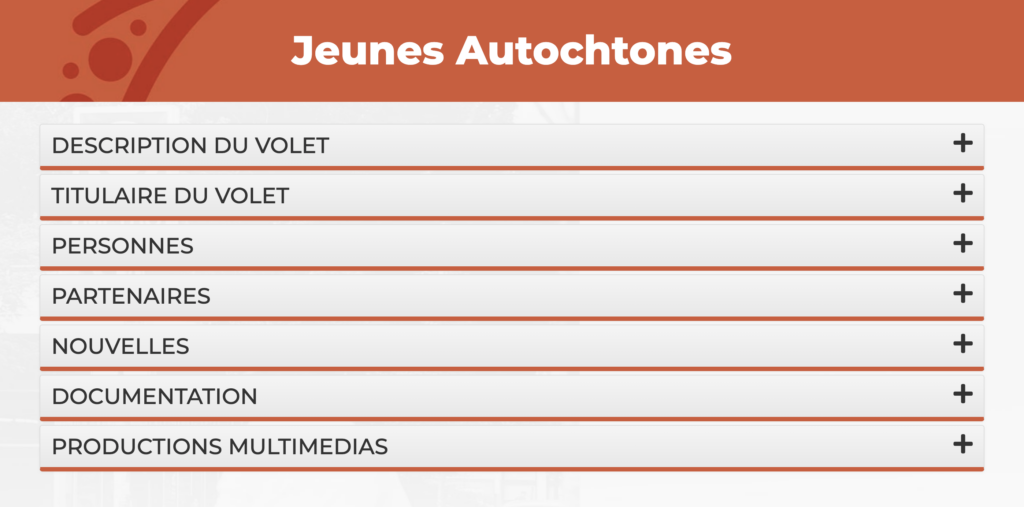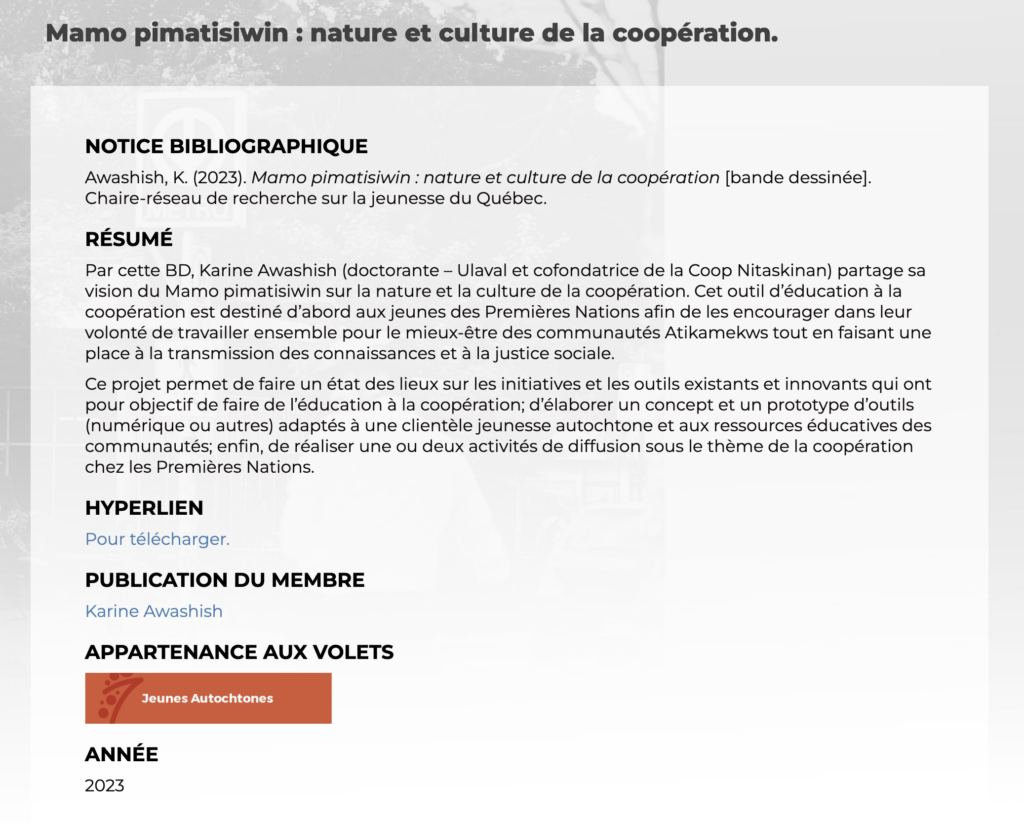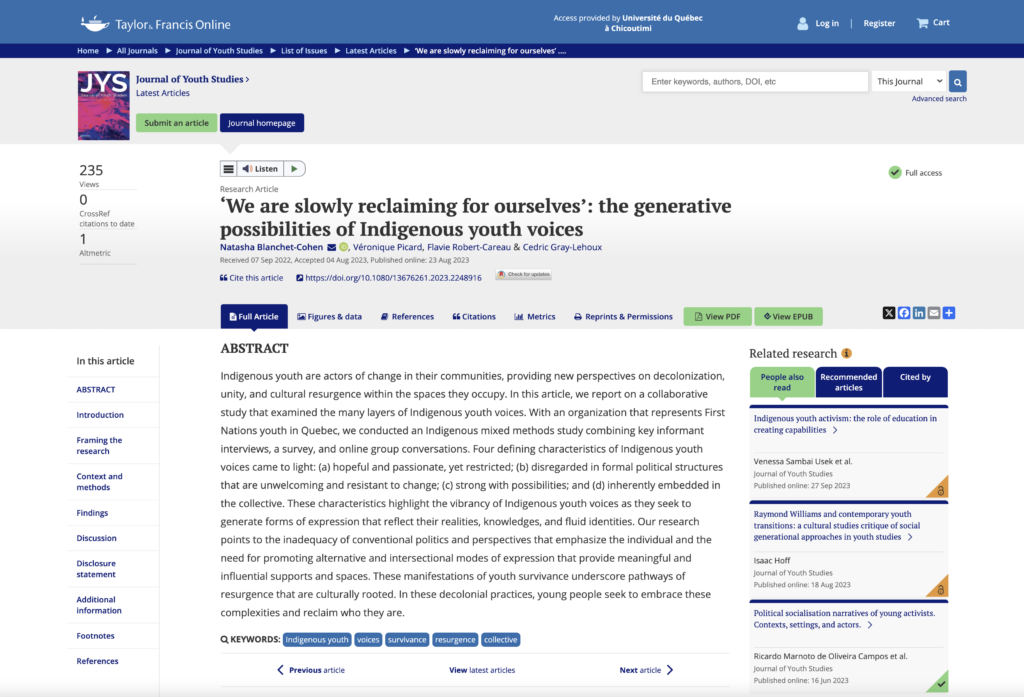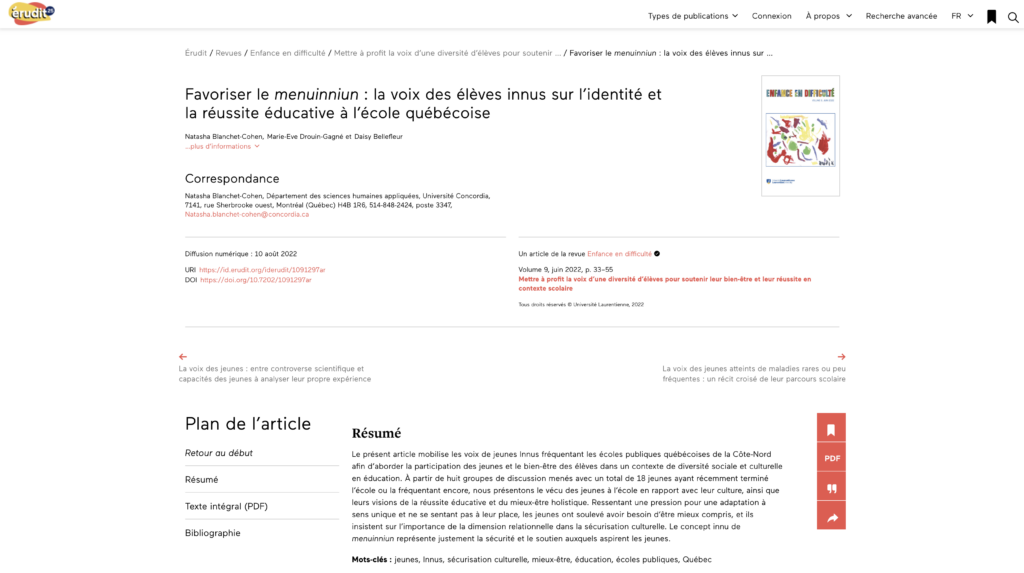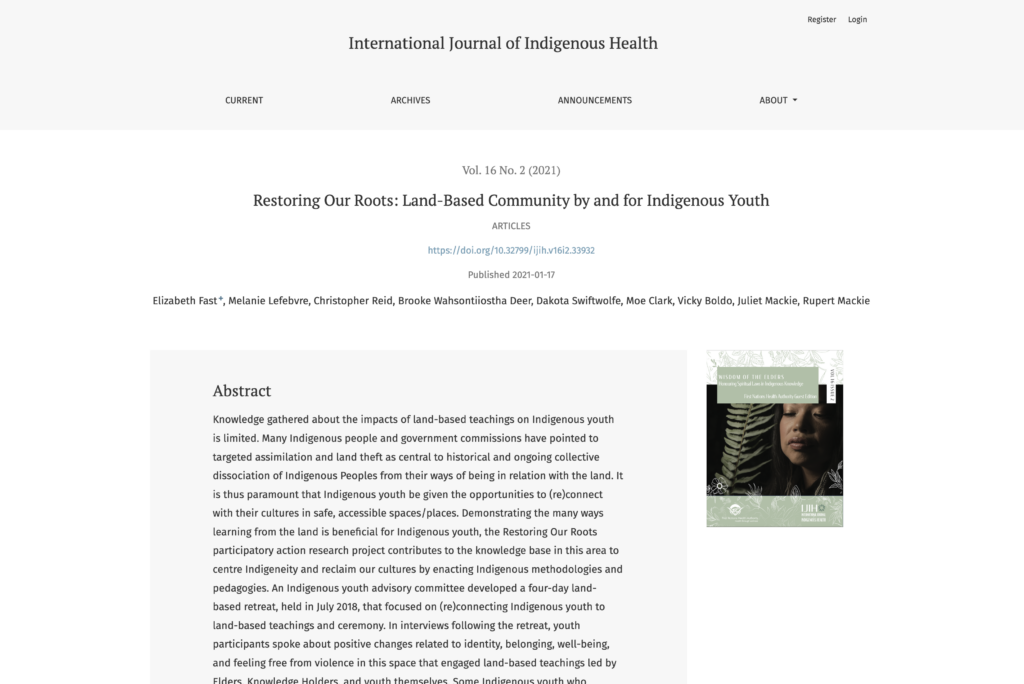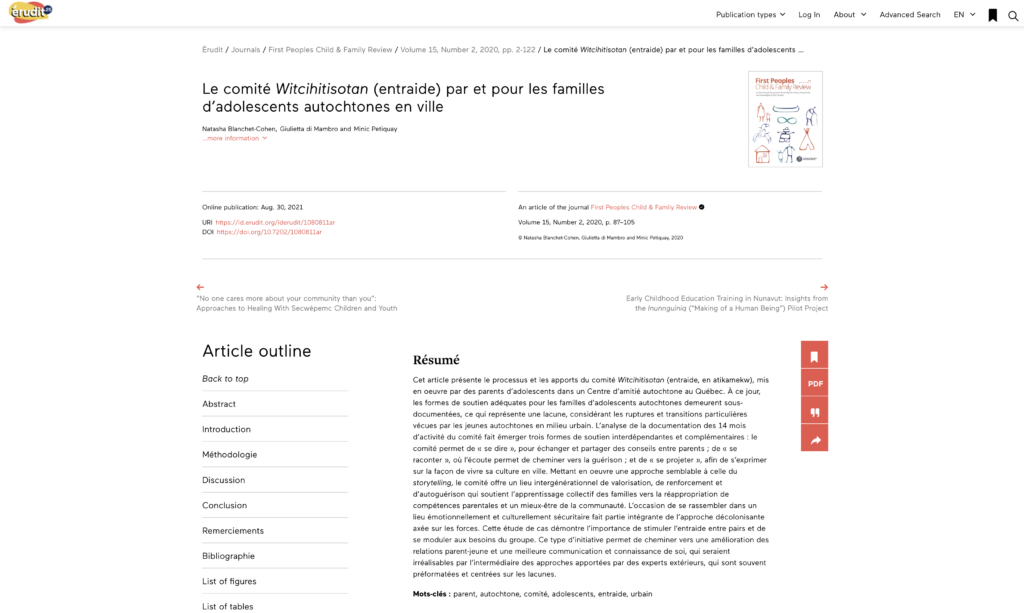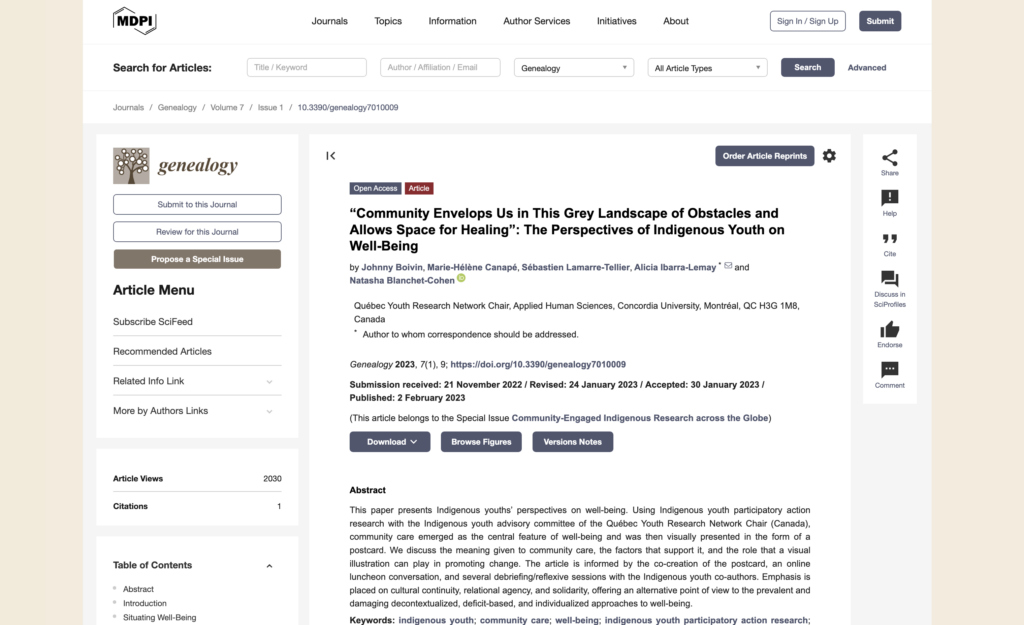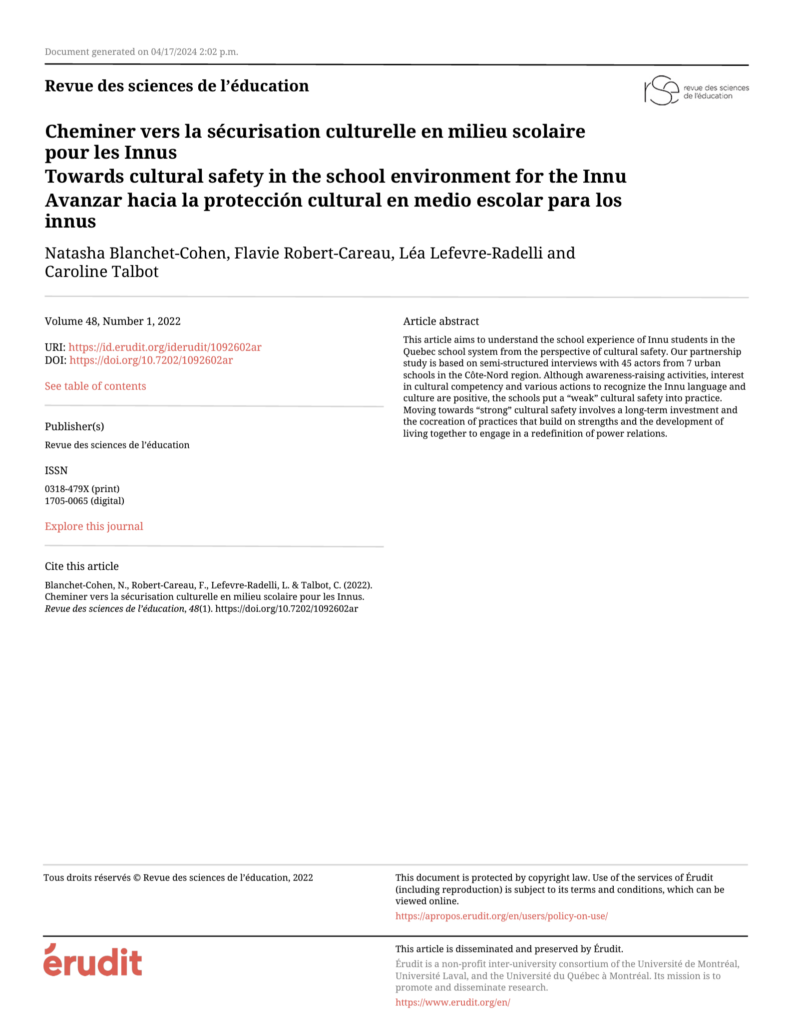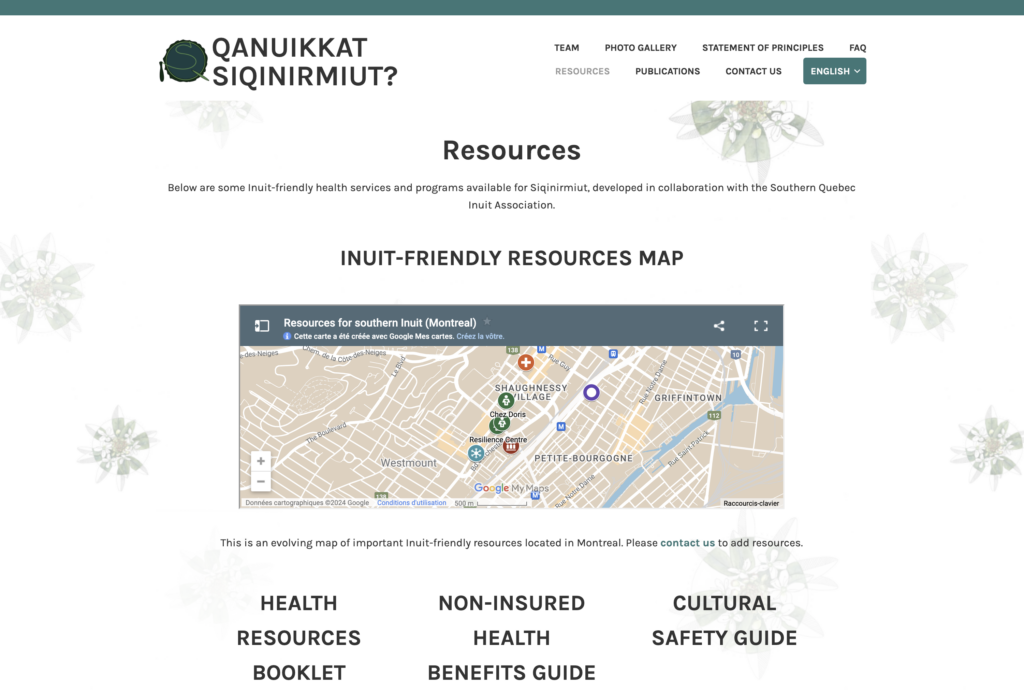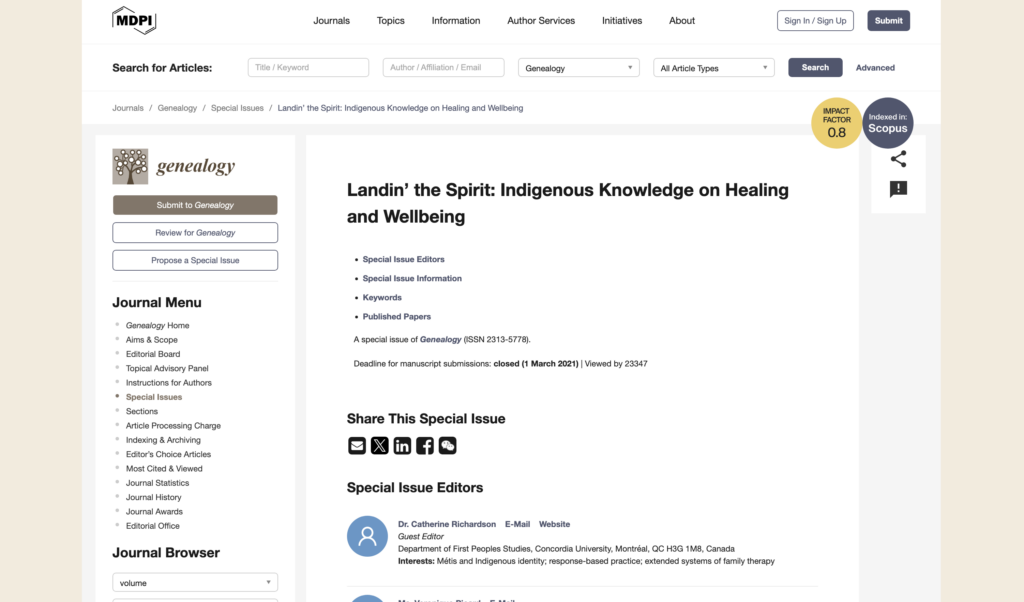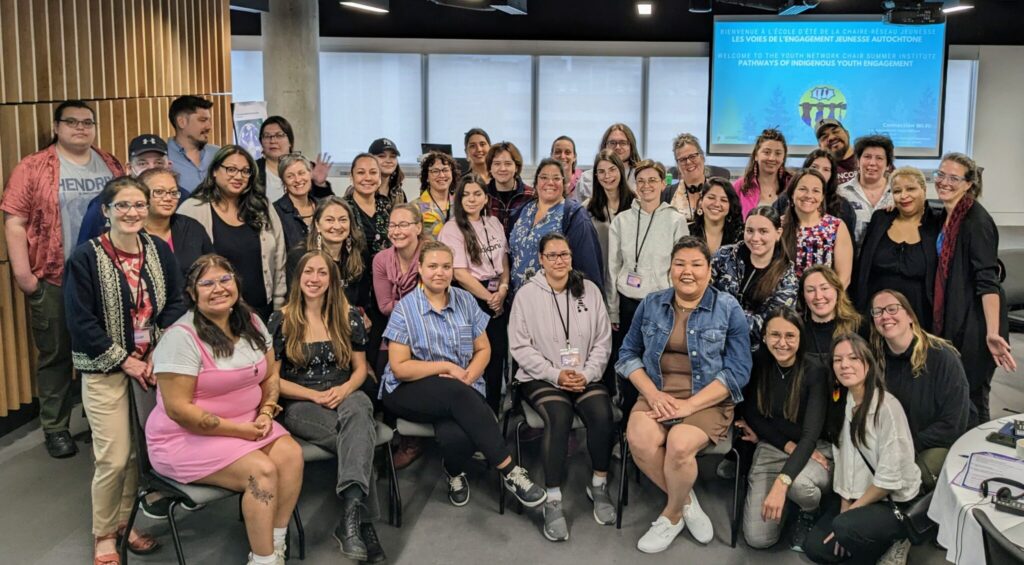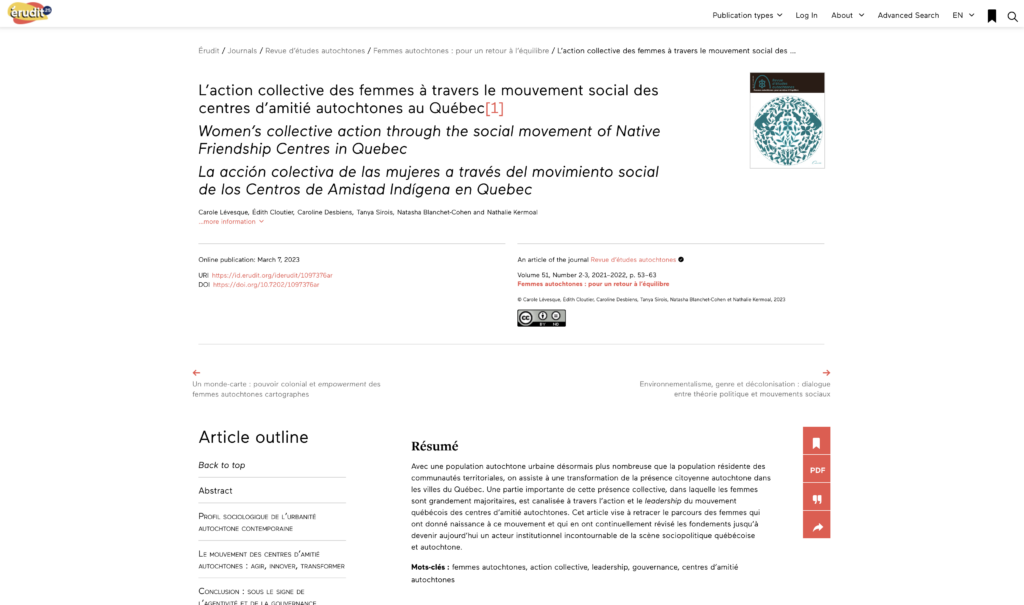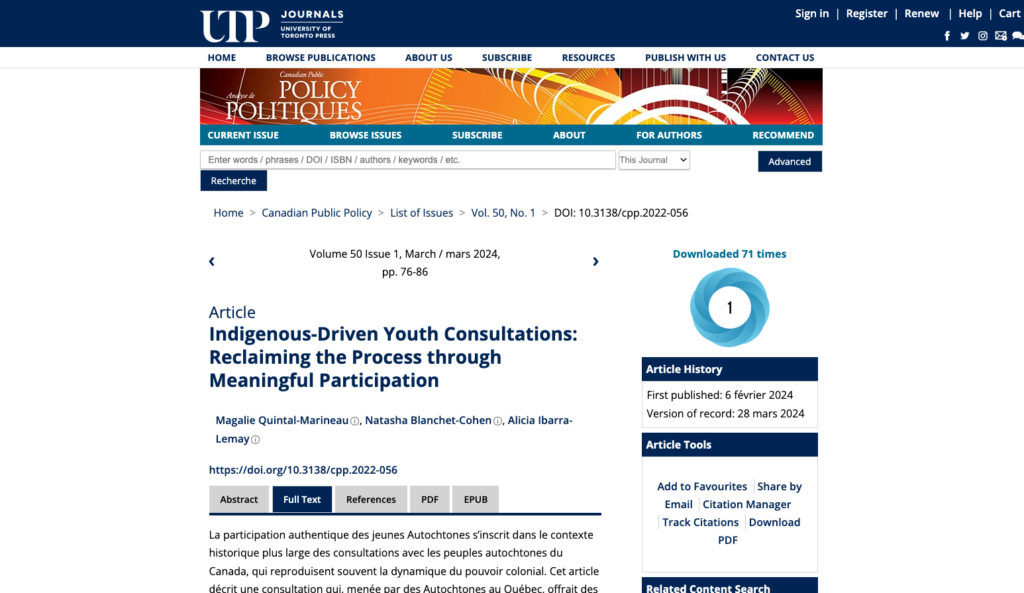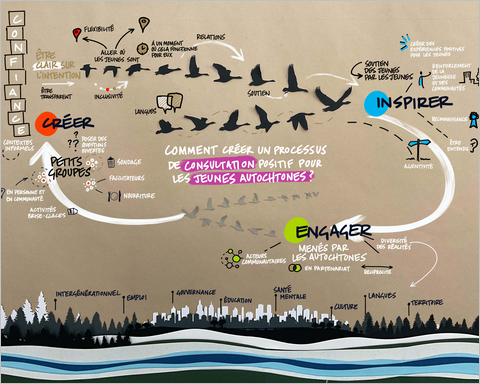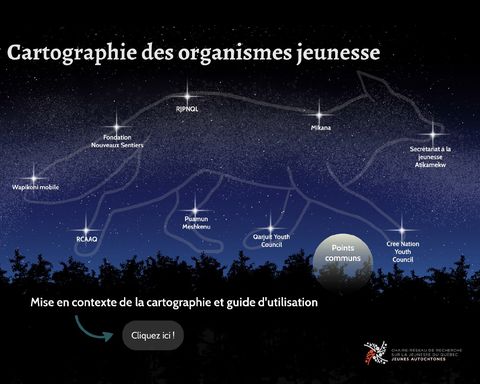Notice bibliographique
Malla, A., Joober, R., Iyer, S., Norman, R., Schmitz, N., Brown, T., et al. (2017). Comparing three-year extension of early intervention service to regular care following two years of early intervention service in first-episode psychosis: a randomized single blind clinical trial. World Psychiatry, 16(3), 278-286.
Résumé
This study aimed to determine if, following two years of early intervention service for first‐episode psychosis, three‐year extension of that service was superior to three years of regular care. We conducted a randomized single blind clinical trial using an urn randomization balanced for gender and substance abuse. Participants were recruited from early intervention service clinics in Montreal. Patients (N=220), 18‐35 years old, were randomized to an extension of early intervention service (EEIS; N=110) or to regular care (N=110). EEIS included case management, family intervention, cognitive behaviour therapy and crisis intervention, while regular care involved transfer to primary (community health and social services and family physicians) or secondary care (psychiatric outpatient clinics). Cumulative length of positive and negative symptom remission was the primary outcome measure. EEIS patients had a significantly longer mean length of remission of positive symptoms (92.5 vs. 63.6 weeks, t=4.47, p<0.001), negative symptoms (73.4 vs. 59.6 weeks, t=2.84, p=0.005) and both positive and negative symptoms (66.5 vs. 56.7 weeks, t=2.25, p=0.03) compared to regular care patients. EEIS patients stayed in treatment longer than regular care patients (mean 131.7 vs. 105.3 weeks, t=3.98, p<0.001 through contact with physicians; 134.8 ± 37.7 vs. 89.8 ± 55.2, t=6.45, p<0.0001 through contact with other health care providers) and received more units of treatment (mean 74.9 vs. 39.9, t=4.21, p<0.001 from physicians, and 57.3 vs. 28.2, t=4.08, p<0.001 from other health care professionals). Length of treatment had an independent effect on the length of remission of positive symptoms (t=2.62, p=0.009), while number of units of treatment by any health care provider had an effect on length of remission of negative symptoms (t=−2.70, p=0.008) as well as total symptoms (t=−2.40, p=0.02). Post‐hoc analysis showed that patients randomized to primary care, based on their better clinical profile at randomization, maintained their better outcome, especially as to remission of negative symptoms, at the end of the study. These data suggest that extending early intervention service for three additional years has a positive impact on length of remission of positive and negative symptoms compared to regular care. This may have policy implications for extending early intervention services beyond the current two years.
Hyperlien
https://doi.org/10.1002/wps.20456Publication du membre
Dre Amal Abdel-BakiAppartenance aux volets










